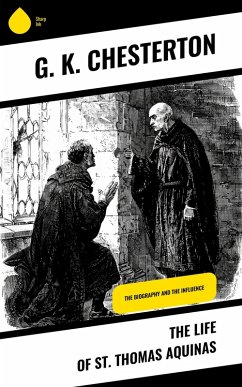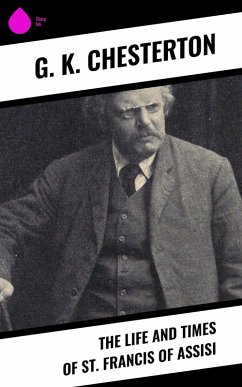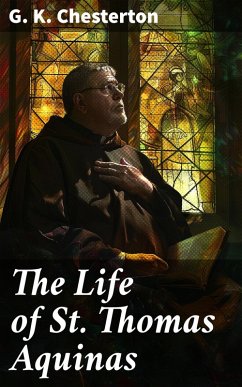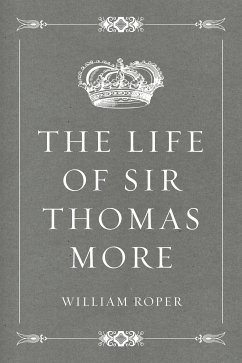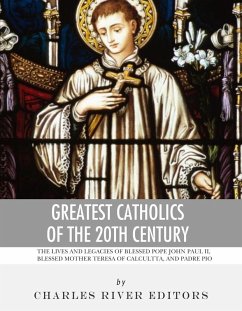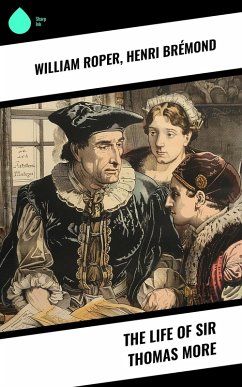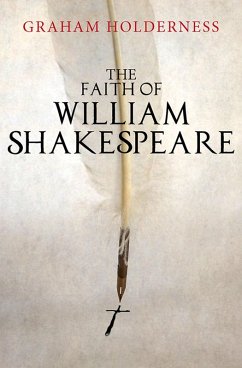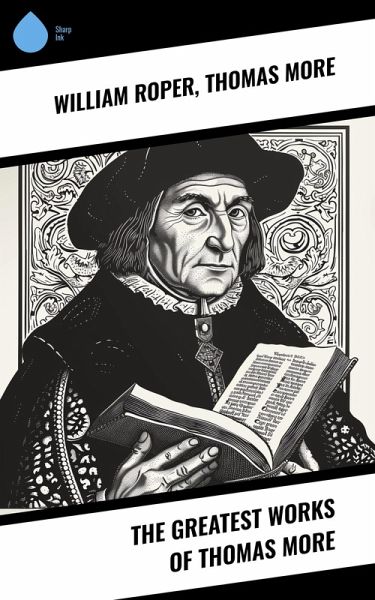
The Greatest Works of Thomas More (eBook, ePUB)
Versandkostenfrei!
Sofort per Download lieferbar
2,99 €
inkl. MwSt.
Weitere Ausgaben:

PAYBACK Punkte
1 °P sammeln!
The Greatest Works of Thomas More serves as a critical compendium of More's literarily influential and intellectually compelling works, beautifully curated to encapsulate the rich tapestry of his eloquent prose and philosophical rigor. This anthology brings together both his utopian vision and his incisive political commentary, spanning genres from the imaginative to the polemical. Readers will be drawn into More's thought-provoking world through diverse narratives and styles, ranging from the revolutionary ideals captured in "Utopia" to the searing, introspective writings that reflect on gove...
The Greatest Works of Thomas More serves as a critical compendium of More's literarily influential and intellectually compelling works, beautifully curated to encapsulate the rich tapestry of his eloquent prose and philosophical rigor. This anthology brings together both his utopian vision and his incisive political commentary, spanning genres from the imaginative to the polemical. Readers will be drawn into More's thought-provoking world through diverse narratives and styles, ranging from the revolutionary ideals captured in "Utopia" to the searing, introspective writings that reflect on governance and morality. Together, these works offer a robust examination of More's contributions to literature and social thought. This anthology provides an enriching look at More's impact through meticulous assembly by historians and literary scholars deeply familiar with More's historical context and philosophical alignments. The collection, anchored by William Roper's reflective insights, brings to life the turbulent social and religious reformations of the 16th century. Contributing essays explore More's engagement with humanism and his intricate relationship with the movements of his time, providing readers an opportunity to perceive his works in the broader framework of Renaissance humanism. Ideal for both novice readers and seasoned scholars, The Greatest Works of Thomas More promises to be an indispensable addition to the understanding of Renaissance literature and ethics. This anthology offers a meticulously curated opportunity to appreciate the profound depth and enduring legacy of More's diverse intellectual contributions, encouraging readers to partake in a cross-temporal dialogue facilitated by the synthesis of varied perspectives within this single, comprehensive volume.
Dieser Download kann aus rechtlichen Gründen nur mit Rechnungsadresse in A, B, BG, CY, CZ, D, DK, EW, FIN, F, GR, HR, H, IRL, I, LT, L, LR, M, NL, PL, P, R, S, SLO, SK ausgeliefert werden.




